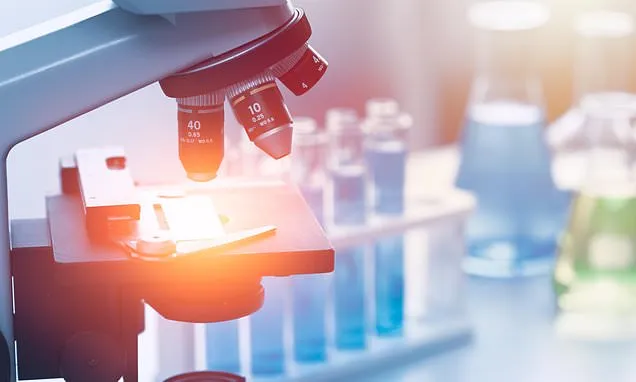Targeting specific strains of the bacteria E.coli with vaccines or other treatments could help reduce the risk of bowel, bladder, and prostate cancers, according to scientists.
A study suggested higher cases of certain cancers in industrialised countries such as the UK could be linked to two particular types of E.coli, which can cause infections in the urinary tract and bloodstream. These strains produce a DNA-damaging chemical called colibactin that has been linked to bowel cancer.
"Working to eradicate them could offer huge public health benefits," researchers said, including reducing the need for antibiotics to treat the infections they cause, as well as potentially lowering cancer risk.
E.coli is a diverse group of bacteria that are normally harmless and live in the intestines of humans and animals.
"Vaccines or other interventions that target these E.coli strains could offer huge public health benefits," Prof Jukka Corander stated.
For the study, published in Lancet Microbe, researchers used genomic surveillance to track different strains across different countries, including the UK, Norway, Pakistan and Bangladesh. The two strains academics focused on are more common in industrialised countries and cause infections of the bloodstream and urinary tract rather than food poisoning. These countries also have higher levels of bowel, bladder and prostate cancers.
Meanwhile, analysis showed these strains were much rarer in countries such as Bangladesh and Pakistan where cases of these cancers are also lower.
Senior author Professor Jukka Corander said: "We have been using large-scale genomics to track E.coli strains across multiple countries for the last five years."
"This has allowed us to start to see possible connections between two E.coli strains and cancer incidence rates."
Dr Trevor Lawley commented: "Understanding more about interactions between E.coli and cancer risk highlights our microbiome's impact on health."
First author Dr Tommi Maklin added: "E.coli can be found around the world in many forms. Understanding how these impact humans differently gives us a complete picture of health." He emphasized ensuring global inclusion in genomic surveillance research so everyone benefits from new discoveries.
"Science is not a stand-alone endeavour," Prof Corander noted. "By working with experts we hope this might lead to new ways to eradicate colibactin-producing E.coli strains."
